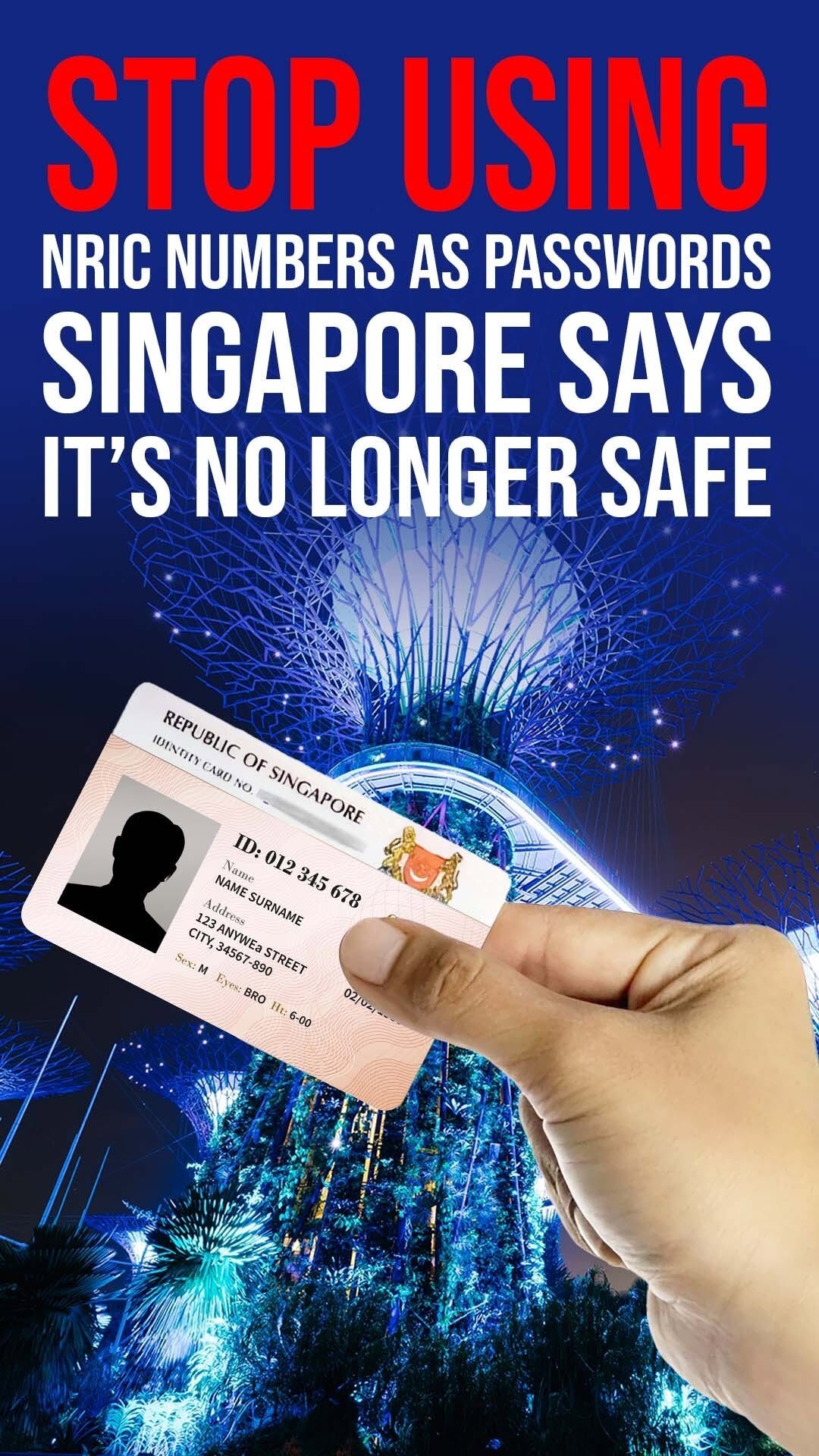

Since 2010, the Global Law Experts annual awards have been celebrating excellence, innovation and performance across the legal communities from around the world.
posted 3 months ago
Intellectual Property (IP) or IP Rights often represent a company’s most valuable asset, serving as either its principal income-generating source or as the key factor that distinguishes it from its competitors. In fact, it is imperative for companies to understand the intricacies of tax deductions related to IP and how these can be leveraged to enhance the company’s tax position and ensure tax optimisation.
Although Maltese tax legislation does not provide a statutory definition of IP or IP rights, established guidelines issued by the tax authorities and common practice, recognise IP to include mainly patents, trademarks, copyrights, designs, trade secrets, confidential information, and other legal rights.
Maltese tax legislation offers a specific tax deduction with respect to IP and is governed by Article 14(1)(m) of the Income Tax Act. This provision allows for the deductibility of capital expenditure on IP and IP rights. In addition, Malta provides further relief through the Patent Box Deduction Rules, which can significantly reduce taxable income. Both mechanisms offer substantial tax advantages, particularly for businesses with high-valued IP.
When IP is used or employed in the production of a company’s income, Article 14(1)(m) allows companies to claim a deduction of the value (cost) of the IP over a number of years, with a minimum period of three consecutive years. This approach enables businesses to spread the cost incurred in a manner that reflects the lifecycle of the IP.
From year of assessment 2024 (financial year 2023), new rules have been introduced, allowing businesses to the deduct the full amount of the capital expenditure incurred, in the first year in which the IP is used or employed in the production of income. This amendment provides greater flexibility and the potential for immediate tax relief.
With respect to the Patent Box Deduction Rules, these were introduced in 2019 and establish a fiscal regime for income arising from patents, similar IP rights and copyrighted software. This regime allows eligible taxpayers to deduct a percentage of their income derived from qualifying IP from their taxable income. The deduction is adjusted based on the ratio of qualifying IP expenditure to the total expenditure related to the particular IP. Subject to certain conditions, small businesses may also benefit from this deduction where they have income derived from IP based on an invention that could be (not yet) patented.
In conclusion, both the deduction available under Article 14(1)(m) of the Income Tax Act and the relief provided by the Patent Box Deduction Rules offer significant opportunities for businesses to enhance their tax position through strategic tax planning. It is essential for companies to assess how these provisions may be applied to their particular circumstances in order to fully optimise the tax benefits available.
What about internally generated intellectual property, which in line with the accounting standards, cannot be capitalised and amortised, can a deduction be claimed in this regard? Get in touch for an in depth understanding of how this deduction may be applied in such circumstances.
Author


No results available
posted 12 hours ago
posted 2 days ago
posted 2 days ago
posted 4 days ago
posted 4 days ago
No results available
Find the right Legal Expert for your business
Global Law Experts is dedicated to providing exceptional legal services to clients around the world. With a vast network of highly skilled and experienced lawyers, we are committed to delivering innovative and tailored solutions to meet the diverse needs of our clients in various jurisdictions.

When your international business faces financial distress, quick action is key! 🔑 Negotiating with creditors, restructuring debt, and understanding insolvency laws can help regain stability. Global Law Experts is here to guide you through your options.
🌍Explore the details on our website.
🔗Link in bio
#GlobalLawExperts #CommercialLaw #BusinessLaw #LegalAdvice #BusinessGrowth #LegalTips #BusinessStrategy #LegalCompliance #Law #LegalKnowledge #LegalAwareness #Law101 #LegalEducation #IntellectualProperty

Running a business is hard enough — lawsuits shouldn’t make it harder. 🚫 Protect your business with the right legal strategies and expert tools from Global Law Experts. Let’s secure your future together! 💼
🌍Explore the details on our website.
➡️www.globallawexperts.com
#GlobalLawExperts #CommercialLaw #BusinessLaw #LegalAdvice #BusinessGrowth #LegalTips #BusinessStrategy #LegalCompliance #Law #LegalKnowledge #LegalAwareness #Law101 #LegalEducation #IntellectualProperty #Infringed #Ecommerce #LegalBranding

Using NRIC numbers as passwords or identity proof? That era is done. Strengthen your security with multi-factor authentication and biometrics—because your clients' trust depends on it.
#SingaporeLaw #DataPrivacy #CyberSecurity #PDPA #NRIC #MFA #StrongAuthentication #LegalCompliance #ClientTrust

Swiss law protects secured lenders—with precision. From real estate to IP and bank accounts, every asset counts—just as long as it’s defined, documented, and delivered.
#SwissLaw #SecurityInterest #Collateral #InternationalLending #SwissFinance #LegalCompliance #GlobalBusiness #AssetSecurity

Gold trading in Saudi Arabia isn’t just a business—it’s a lab test, a permit, and a legal tightrope. Want to succeed? Start with compliance, hallmarking, and permits—or risk losing it all.
#GoldTrading #SaudiLaw #PreciousMetals #BusinessSetup #LegalCompliance #GlobalBusiness #SaudiArabia #TradeRigour

Second citizenship isn’t permanent—especially if you break the rules. Know the risks and how to safeguard your status: be transparent, stay lawful, and honour all citizenship requirements.
#SecondCitizenship #CitizenshipRisks #DualNationality #Compliance #GlobalMobility #LegalAdvice #ImmigrationLaw

Send welcome message